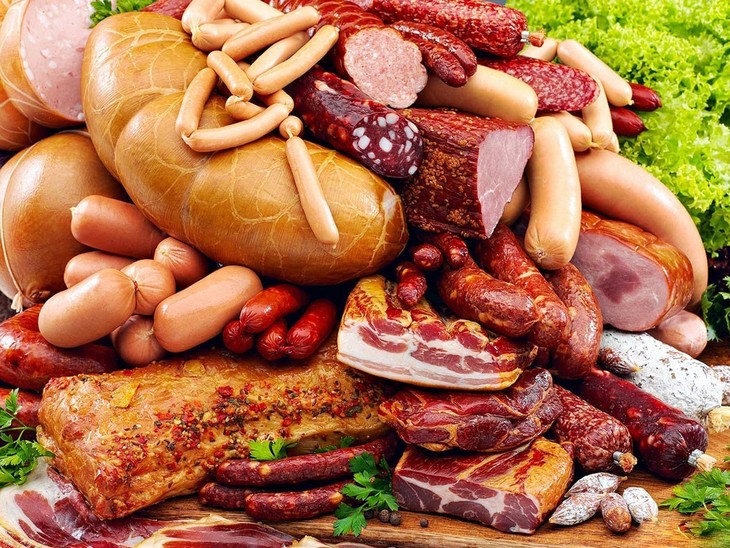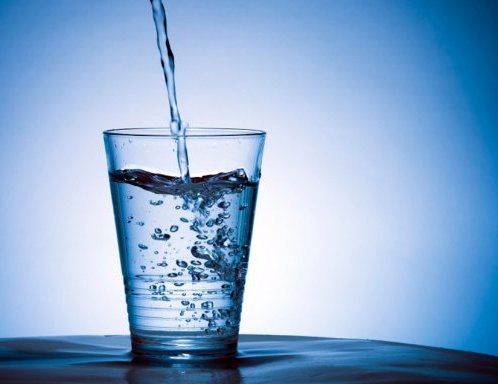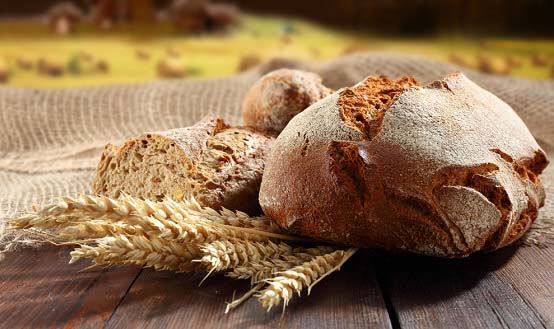 Nutrient deficiency, usually associated with a very small amount in the diet protein, vitamins and minerals, fiber, fats and essential fatty acids. Malnutrition is common in girls in adolescence, which are often deliberately restricted eating, excessive taking care of a slim figure. In contrast, overeating and excessive consumption of animal fats, cholesterol, and saturated fatty acids, carbohydrates (especially sugar and sucrose) and salt leads to many chronic diseases and excess weight.
Nutrient deficiency, usually associated with a very small amount in the diet protein, vitamins and minerals, fiber, fats and essential fatty acids. Malnutrition is common in girls in adolescence, which are often deliberately restricted eating, excessive taking care of a slim figure. In contrast, overeating and excessive consumption of animal fats, cholesterol, and saturated fatty acids, carbohydrates (especially sugar and sucrose) and salt leads to many chronic diseases and excess weight.

However, even while overeating may be a shortage of certain nutrients required for normal functioning of the body. For example, the use of sugar, sweets, white bread, cakes (they mostly contain empty calories), can lead to deficiency of protein, vitamins, and minerals.
Many people eat too many animal fats: butter (using spreads and as additives in food), cream, mayonnaise, bacon, and bacon, fatty meats, mostly sausages, grilled pork, ribs, bacon, fatty dairy products (yogurt, cream, desserts based on cream, full fat cheese).
 Children and young people, often under the influence of advertising and, in General, the prevailing fashion is eager to use products that contain large amounts of fat, that is fast food.
Children and young people, often under the influence of advertising and, in General, the prevailing fashion is eager to use products that contain large amounts of fat, that is fast food.
Food include frequent consumption of sweets. Children and adults, when hungry, often eat sweet snacks (chocolate, sweets, biscuits or cake), hoping to satisfy hunger quickly. Sweet snacks and chips are a source of toxic saturated fatty acids and TRANS fats (formed during the hydrogenation of vegetable oils).
 The error in the diet are sweetened drinks (lemonade and Cola). It is better to eat vegetables and fruits, and drink juices of them, preferably freshly squeezed with juicer or blender. Ideally, you can drink clean water, about 1.5-2.0 liters per day.
The error in the diet are sweetened drinks (lemonade and Cola). It is better to eat vegetables and fruits, and drink juices of them, preferably freshly squeezed with juicer or blender. Ideally, you can drink clean water, about 1.5-2.0 liters per day.
Food errors must also include a small consumption of milk and dairy products, which can cause too low levels of calcium in the diet. Some people avoid milk, but yogurt and kefir contain beneficial intestinal flora microorganisms (remember that one yogurt a day to ensure adequate intake of calcium for bone mineralization).
 Not drinking enough black bread, buckwheat, legumes and green vegetables may contribute to a deficiency of magnesium and zinc, and a limited consumption of red meat (e.g. beef) can develop iron deficiency, especially in young girls and pregnant women).
Not drinking enough black bread, buckwheat, legumes and green vegetables may contribute to a deficiency of magnesium and zinc, and a limited consumption of red meat (e.g. beef) can develop iron deficiency, especially in young girls and pregnant women).
In contrast, a diet low in fruits and vegetables may lead to a lack of vitamin C and folic acid. Seeds, grains, sprouts, bran, and nuts are a good source of folic acid.
 The most serious problem is excess sodium in the diet. Salt contains all the finished products, but some of us additionally use salt to improve the taste of food. Instead of salt, use herbs and spices. Bad eating habits in the long term will lead to a deterioration in health, reduced physical and mental abilities.
The most serious problem is excess sodium in the diet. Salt contains all the finished products, but some of us additionally use salt to improve the taste of food. Instead of salt, use herbs and spices. Bad eating habits in the long term will lead to a deterioration in health, reduced physical and mental abilities.
Irregular meals may also lead to an increase in body fat, a consequence will be overweight or obese. When too long intervals between meals, the body can reduce the metabolic rate. In addition, long breaks between meals, turn encourages frequent snacking.
Understand your body and it will love you back!

